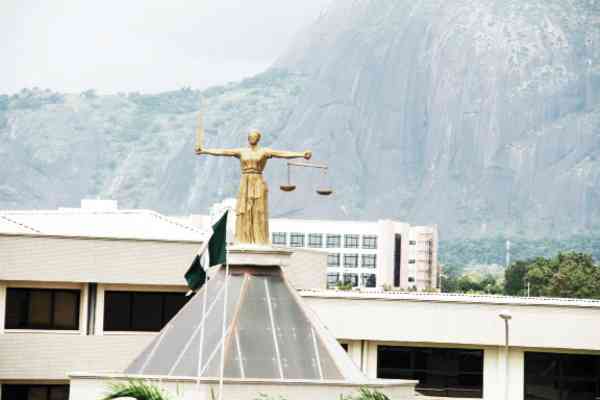The Supreme Court has issued a cautionary note to Nigeria’s anti-graft agencies regarding the harassment of officials and associates of the Kogi State government. This warning comes in light of an ongoing suit filed by the attorney-general of Kogi State against the attorney-general of the federation, challenging the constitutionality and applicability of certain anti-graft acts. Let’s explore the details of the case and the Supreme Court’s directive, emphasizing the need for restraint until a final determination is made.
The attorney-general of Kogi State has challenged the constitutionality of Acts that establish various anti-graft agencies, including the Proceeds of Crime Protection and Prevention Act 2022, in relation to their application within the state. These laws encompass the Economic and Financial Crimes Commission (EFCC), Independent Corrupt Practices and Other Related Offences Commission, and the Nigerian Financial Intelligence Unit. The state government has taken this matter to the Supreme Court, seeking a legal resolution.
During the recent court session, the counsel to the attorney-general of Kogi State raised concerns about the continued harassment and arraignment of associates of the state government in various courts, despite the ongoing suit filed in February 2023. The court was informed about these actions by Abdulwahab Muhammed, representing the attorney-general of Kogi State, while Chief A. Adeniyi represented the plaintiff.
However, the counsel to the attorney-general of the federation, T.A. Ghazali, claimed not to have received the originating process during the court proceedings. In response to the concerns raised, the full panel of the Supreme Court, led by Justice Amina Augie, clarified that once a dispute is submitted to the court, all individuals and authorities in Nigeria are expected to refrain from further action until the suit is resolved.
The court advised all parties involved to stay their actions related to the litigation until the final outcome of the suit is determined. Consequently, the hearing of the substantive originating summons has been adjourned to October 10, 2023. This allows for a comprehensive examination of the constitutionality and applicability of the EFCC Act, ICPC Act, NFIU Act, and the Proceeds of Crime (Prevention and Management Act) 2022.
In the ongoing suit filed by the attorney-general of Kogi State against the attorney-general of the federation, the Supreme Court has cautioned against the harassment of Kogi State officials and associates. Pending a final decision, all parties involved are expected to refrain from taking further actions. The Supreme Court’s directive emphasizes the need for restraint and respect for the legal process. The resolution of this case will provide clarity on the constitutionality and applicability of the anti-graft acts in question, ensuring a fair and just outcome.
